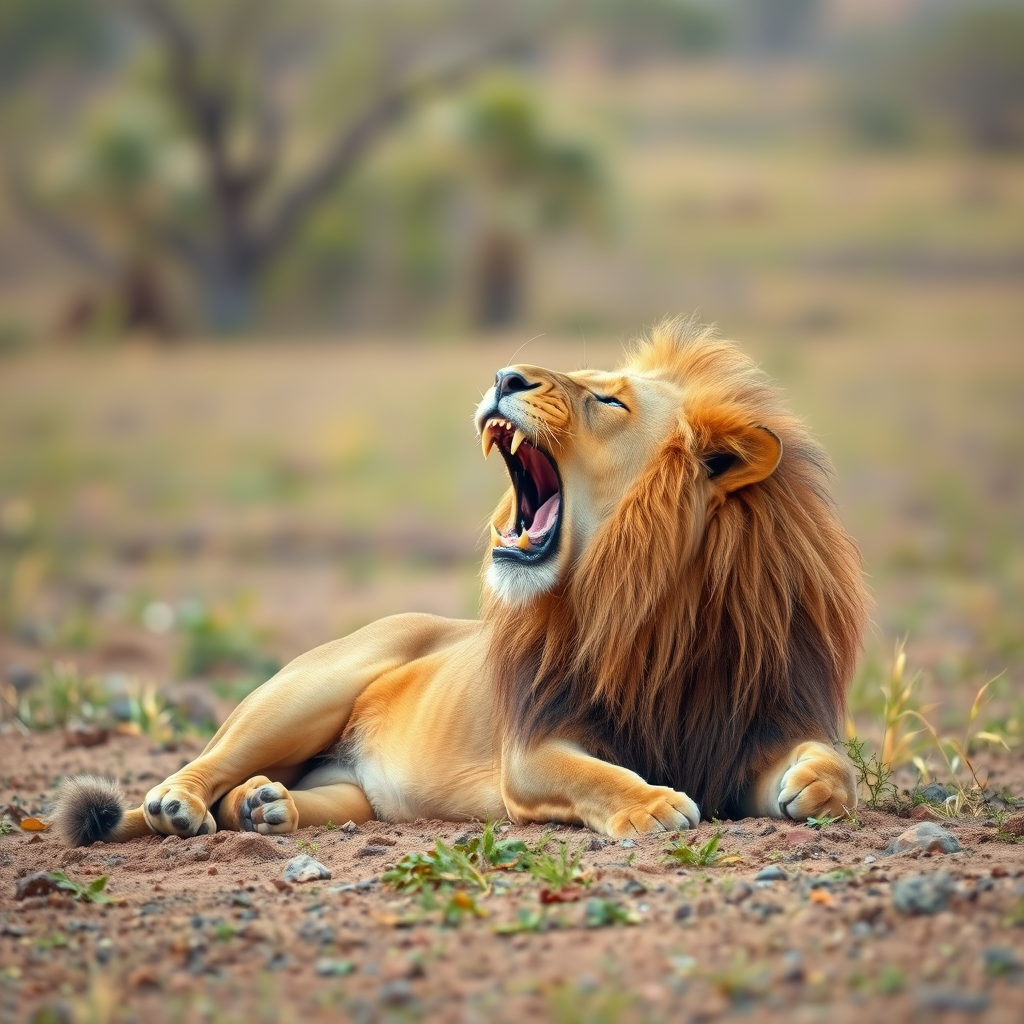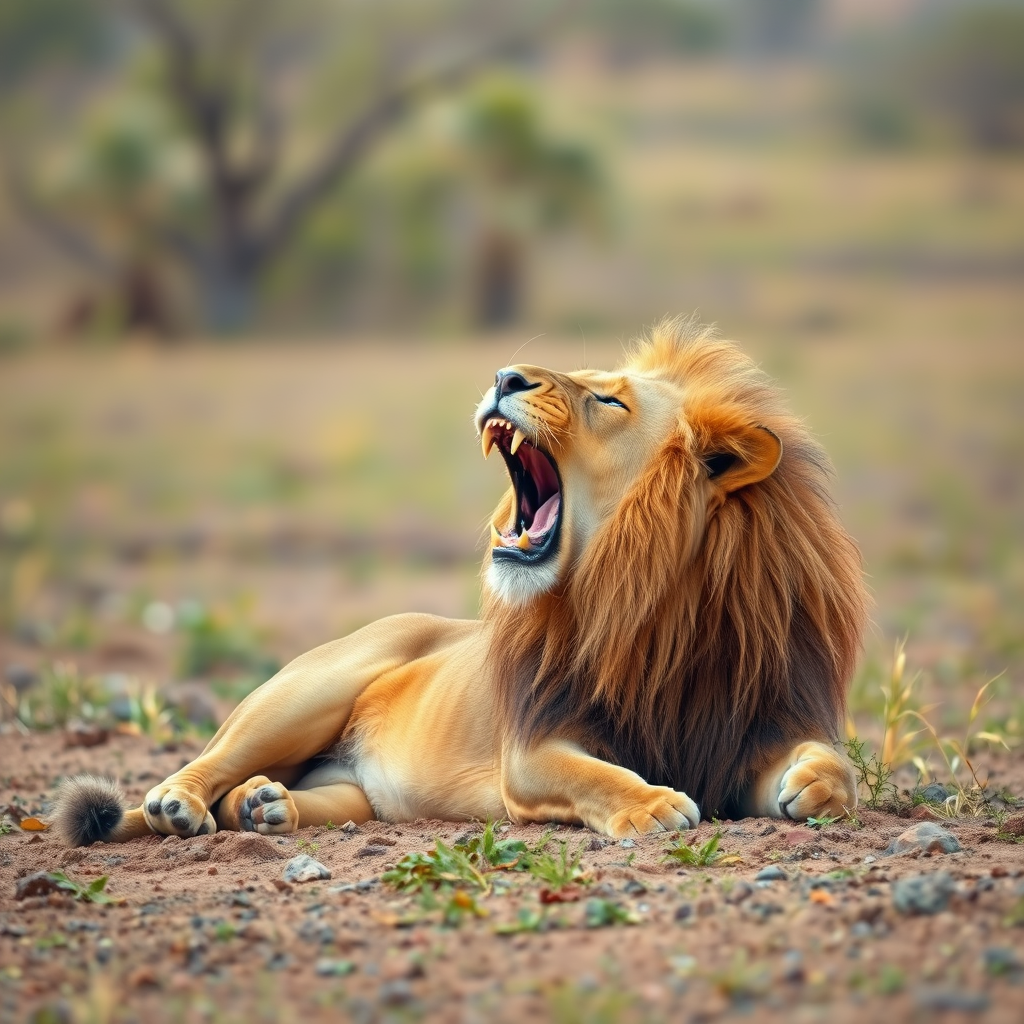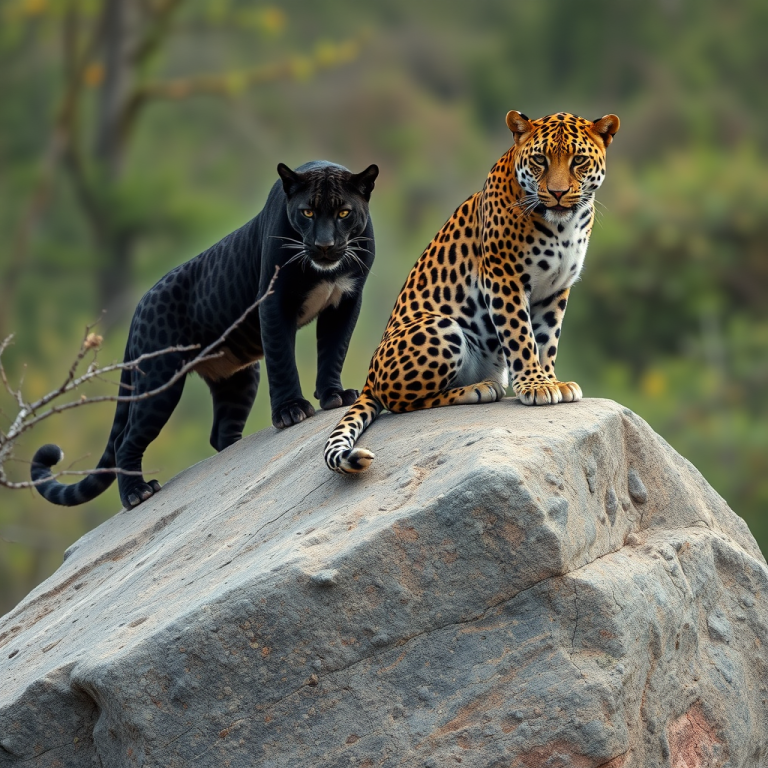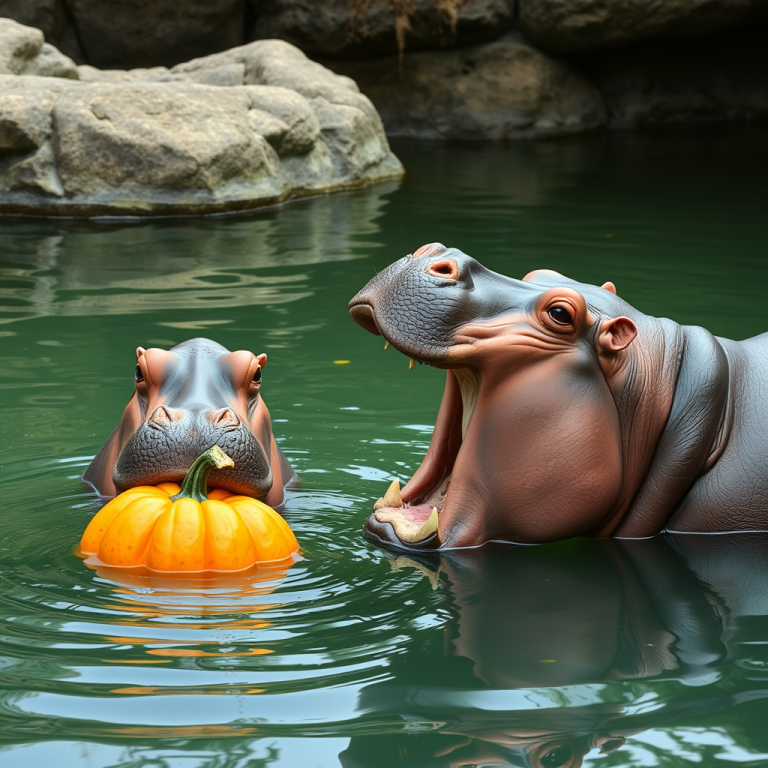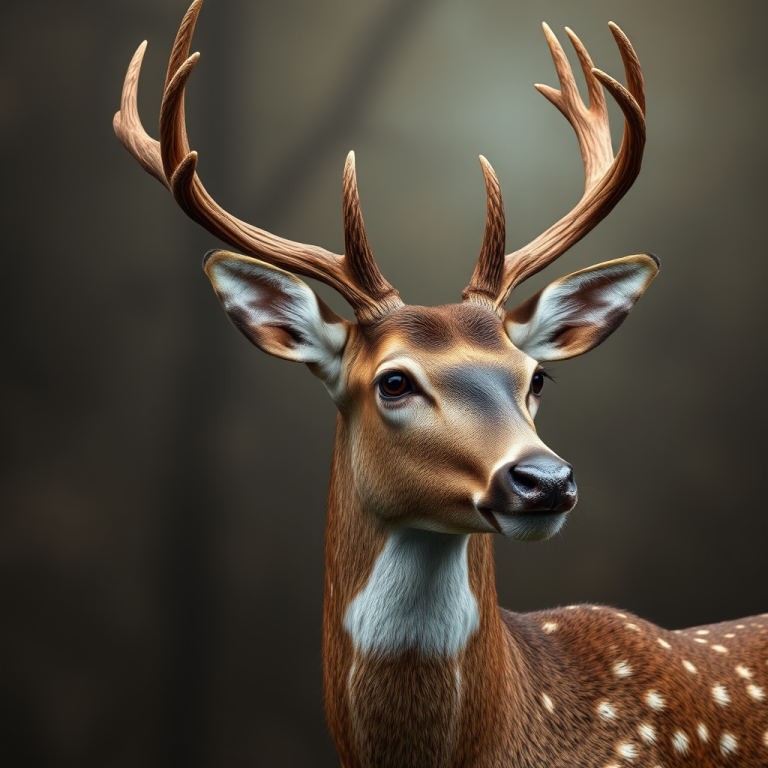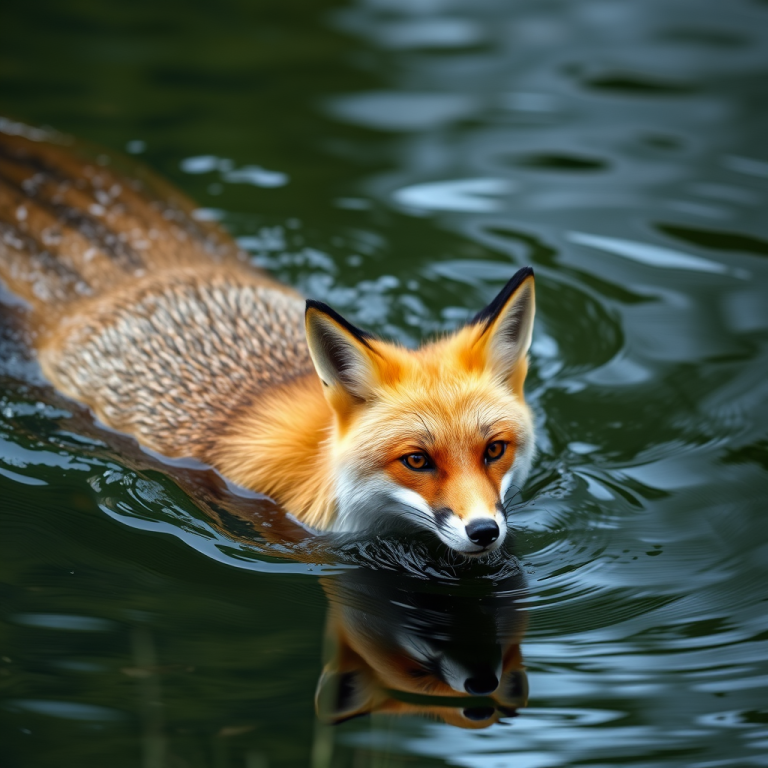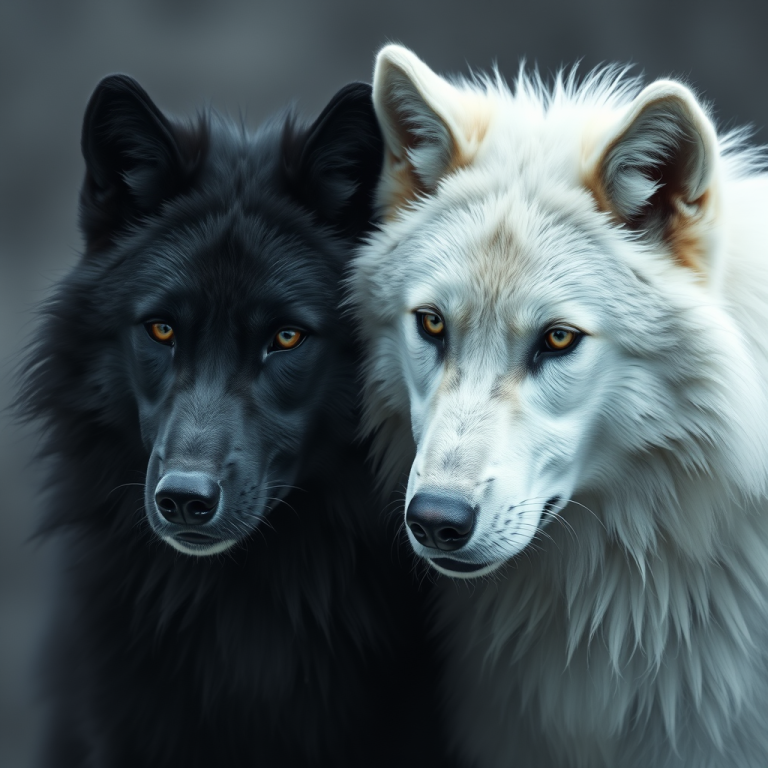Lions at Rest: Yawning, Lounging, and the Secret Life of the Lazy King
Lions might be famed for their roar and hunting prowess, but anyone who’s observed them knows they spend an awful lot of time doing nothing at all. On a typical hot afternoon in the African savanna, you’re more likely to find a pride of lions sprawled in the shade, feet in the air, mouths gaping in leisurely yawns, than on the prowl. A pride at rest has been poetically described as “poured out like honey in the sun”—a sweet image of golden cats melting into the landscape. This leisurely lifestyle isn’t just laziness; it’s a fascinating and essential part of lion behavior.
Royal Naptime: Why Lions Rest So Much
Lions are often called the “kings of the jungle,” but if there’s one thing they truly reign over, it’s naptime. These big cats enjoy relaxing and lazing around more than almost any other animal. In the wild, an adult lion can rest anywhere from 16 to 20 hours in a single day. That’s roughly 83% of their life spent sleeping or lounging.
If you visit a game reserve at midday, chances are you’ll find lions flopped on their sides or backs, eyes half-closed, looking like overgrown housecats. They often rest in groups, all piled together or spread out in the grass. This not only looks adorable but also reinforces their social bonds through touch and closeness.
Bonding in Stillness
During these long lounging sessions, pride members often groom one another—licking faces and rubbing heads in a show of affection. This peaceful interaction, sometimes called nuzzling, is a way to maintain relationships within the pride. It’s calm, quiet communication that plays a big role in pride unity.
Built to Chill
Why are lions such champion loungers? It comes down to biology and climate. Lions evolved in hot environments and have very few sweat glands, meaning they don’t cool down easily. Instead of overheating, they do the smart thing: they sleep through the heat.
They save their strength for early morning and evening, when temperatures drop and their excellent night vision gives them an advantage. By adjusting their routine to the rhythms of the savanna, lions stay efficient and avoid exhaustion.
The Yawn That Signals Action
One of the most charming things about lions is their yawn. It’s slow, wide, and impossible to miss. But more than just a sign of sleepiness, a lion’s yawn often signals that the pride is about to get moving.
Yawning may help lions cool the brain and boost alertness—like a reset switch before activity. But the best part? It’s contagious. One lion yawns, and others follow. Before long, the whole pride is yawning, stretching, grooming, and rising to their feet in sync.
Final Thoughts: Even a King Needs His Rest
In the wild, even the mightiest predators take time to recharge. A lion’s daily rhythm is built around calm moments, soft interactions, and patient power. By resting through the heat and waiting for the right time to act, lions remind us that stillness can be just as powerful as motion.
Watching a lion yawn beneath a tree or doze beside its cubs is a quiet, beautiful moment. It shows us that balance, connection, and timing are just as important as strength. The lion may be a king—but even kings need their rest.
If you’re curious about the wonders of wildlife, stick around—there’s a whole world to explore at Wonder of Wild.
